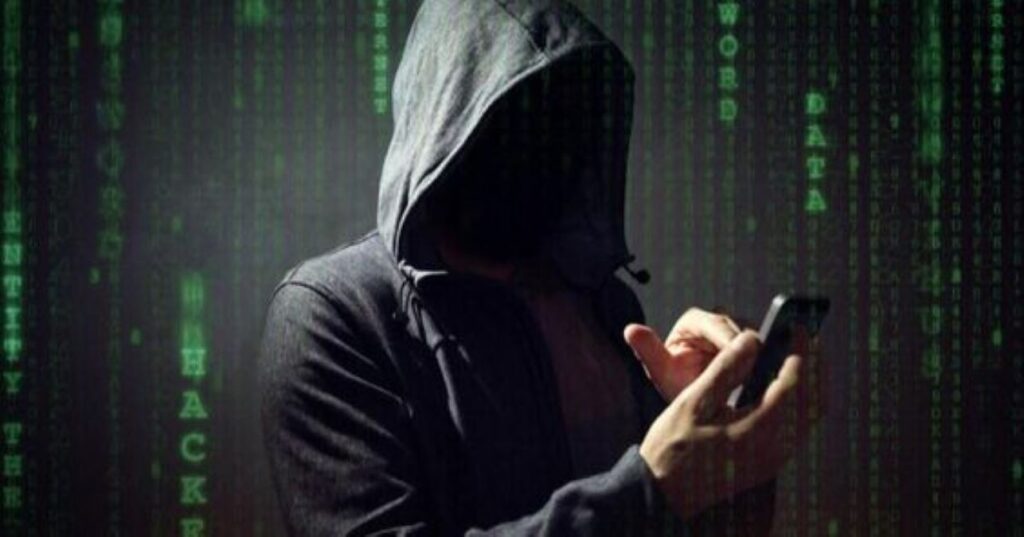
Phone scammers are stepping up their game, using tricks like AI voice scams to fool unsuspecting callers. But there is no reason to be afraid. There are ways to outsmart them, stay safe, and preserve your smartphone security and privacy.
According to Joseph Steinberg, the CEO of SecureMySocial, one way scammers try to deceive you is by using certain area codes that might seem harmless at first glance. Gone are the days when they only relied on 900 numbers; now, it seems they are using other tricks like different area codes, like 809 from the Caribbean.
“Criminals have been known to use caller IDs with the area code 473, which appears to be domestic, but is actually the area code for the island of Grenada,” warns Steinberg.
It’s not just about where the call appears to be coming from; it’s also about the possible effects on your money. Taking calls from foreign countries could end up costing you a pretty penny. Plus, scammers have different schemes, from phony vacation offers to lies about some kind of danger or money troubles.
ALSO READ: U.S Government Tackles Robocalls to Protect Americans From Scam Callers
And it’s not just random strangers who might try to trick you. Even if a call seems to be from someone you know, if it looks a bit suspect, let it go to voicemail. Steinberg had to highlight this point, stating that it is not usual for someone in distress to randomly dial an unfamiliar number abroad.
“Remember that it’s unlikely that someone you do not know—who is in distress at a location with which you are not familiar—would dial a random number in another country and ask you to help them,” he says. “They would call the police.”
Steinberg also suggested being cautious of specific international area codes, such as those starting with +1. Sierra Leone, Bahamas, and Barbados—these are just a few of the places scammers might pretend to call from.
Here’s a list of some of those area codes:
232—Sierra Leone
242 — Bahamas
246 — Barbados
268 — Antigua
284 — British Virgin Islands
345 — Cayman Islands
441 — Bermuda
473 — Grenada, Carriacou, and Petite Martinique
POLL—Should the Government Increase Taxes on the Wealthy To Reduce Economic Inequality?
649 — Turks and Caicos
664 — Montserrat
721 — Sint Maarten
758 — St. Lucia
767 — Dominica
784 — St. Vincent and Grenadines
809, 829, and 849 — The Dominican Republic
868 — Trinidad and Tobago
869 — St. Kitts and Nevis
876 — Jamaica
But remember, scammers don’t only use these codes; they can just take up numbers from anywhere. If you have any doubt at all, let it go to voicemail. It’s a simple but effective way to avoid these scams altogether.
If you do end up being a victim of a scam call, don’t panic. Contact your phone company and report the incident to the Federal Communications Commission (FCC). They may be able to help resolve the issue and prevent further scam calls.
ALSO READ: Here’s How to Protect Yourself From This Common Phone Scam
So, the next time your phone rings and you don’t recognize the number, don’t be so quick to answer. It could be a scammer on the other end.
You Might Also Like:
Arizona Supreme Court Enforces Near-Total Ban, Revives 160-Year-Old Law
Biden Reveals He’s Considering Australia’s Request to Drop Julian Assange Prosecution
Poll Shows Most Voters See Trump’s Hush Money Case as Serious
Chicago Street Cops Fire 96 Shots in Fatal Traffic Stop, Leaving One Dead
Molly Sims Recounts Starving Herself After Someone Called Her “Too Fat” During Modeling Days
